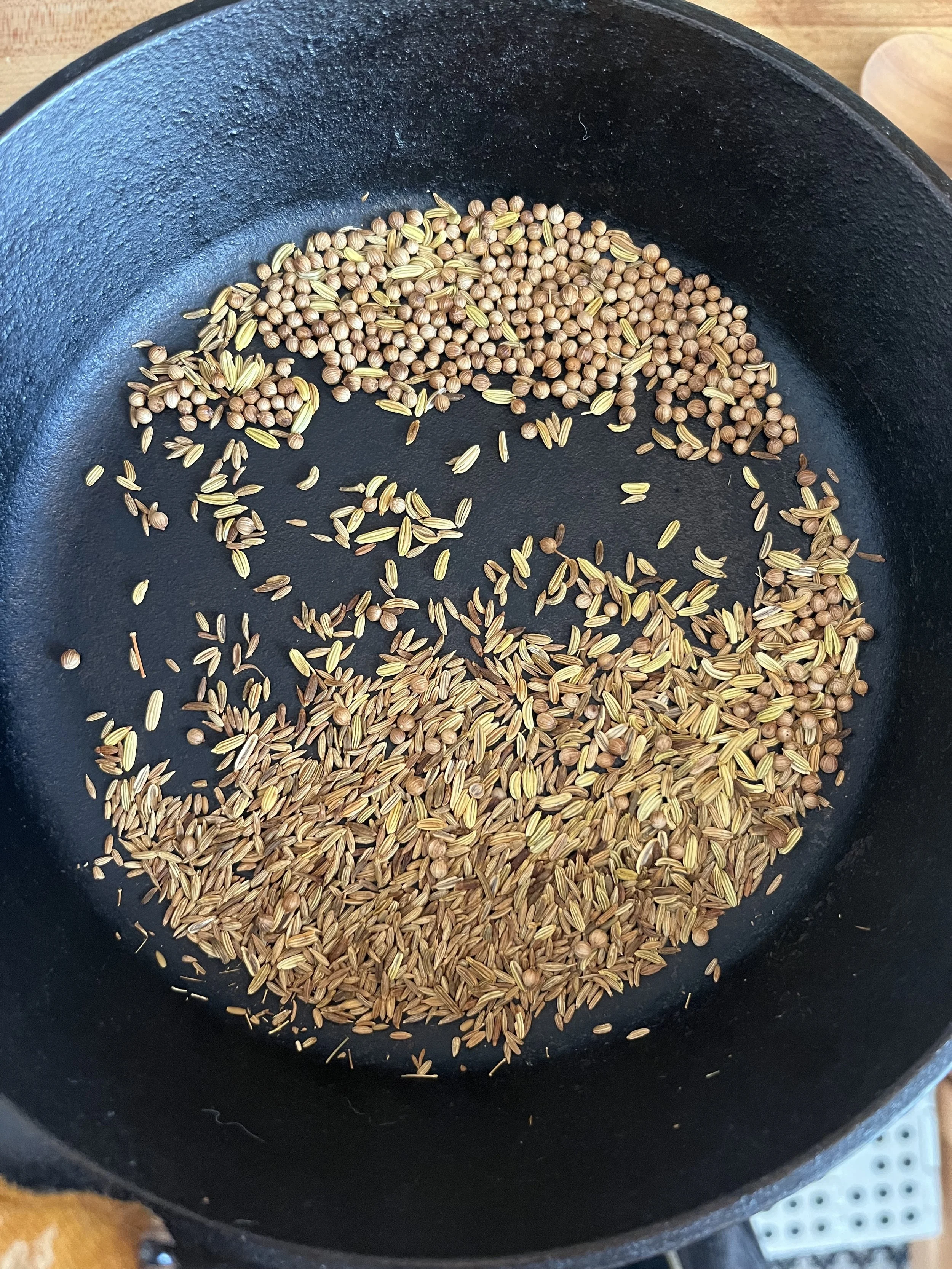
Postpartum Care for Mother
Mothers are the heart of their baby’s health, the foundation of their family, and the roots of their community. My intention in working together is to deeply support you during this profound time of transformation, expansion, and contraction. This care will nurture your whole being—physical, emotional, mental, and spiritual. With my Ayurvedic background, I will provide traditional medicines, nourishing teas, oils, and practices to help you feel grounded and supported as you evolve into this new chapter.
My goal is to nourish you through presence, attentive care, and the wisdom of these ancient practices, so you can step into your motherhood with support and balance.
Each Two-Hour Home Visit will include:
A platica, a heart to heart check-in to meet you where you are.
A personalized care offering based on your day’s needs.
These offerings may include:
Closing of the Bones Ceremony (see more information below)
Herbal sitz bath
Abhyanga (oil massage)
Ayurvedic remedies
Tea tailored to your needs
Daily and nightly rhythm strategies
Intuitive bodywork incorporating biodynamic craniosacral therapy and marma therapy
Domestic support to ease your load.
“There is always grief in transformation. When we make space for it, we allow healing to happen. We allow life to move through us again.”
— Midwife Rachelle Garcia Seliga, CPM
Closing of the Bones: A Postpartum Healing Ceremony
Closing of the Bones is a ceremonial practice rooted in the innate wisdom of postpartum physiology. It offers mothers a space to gently return to themselves after birth—physically, emotionally, and energetically.
This is a ritual of honoring. Of grief. Of integration. Because every birth, no matter how empowering or painful, brings change. And every transformation carries some form of loss.
While Closing of the Bones is often associated with Central and South American midwifery lineages, similar practices have existed across cultures. In recent years, conversations around cultural appropriation have created confusion and, at times, exclusion. But many traditional midwives, especially in Mexico, have shared this work with openness, reminding us that these rituals are meant to support all birthing people—not to be owned, but to be remembered.
Colonization attempted to erase these embodied traditions. Yet, they live on … in our bones, in our wombs, in the deep knowing of what postpartum care truly requires. This ceremony is not about claiming a lineage. It’s about reverence. It’s about listening to what women need in their return.
How This Practice Supports the Postpartum Journey
Offers emotional and energetic closure after birth
Helps the body feel contained, held, and gently reoriented
Invites grief to be witnessed and released
Can be offered not only postpartum, but after any life transition, trauma, or threshold
With deep gratitude, I honor the lineage of teachers from whom I received the Closing of the Bones ceremony, first from Rachelle Garcia Seliga, who received it from her mother-in-law, Clara Alfaro Peña.


